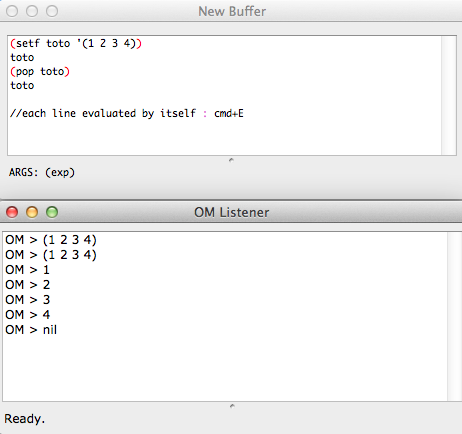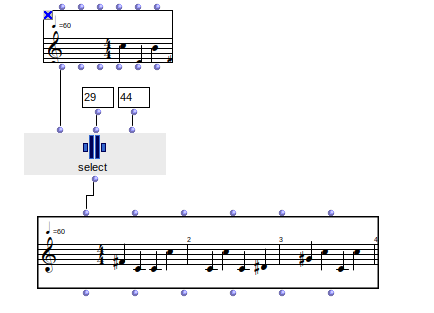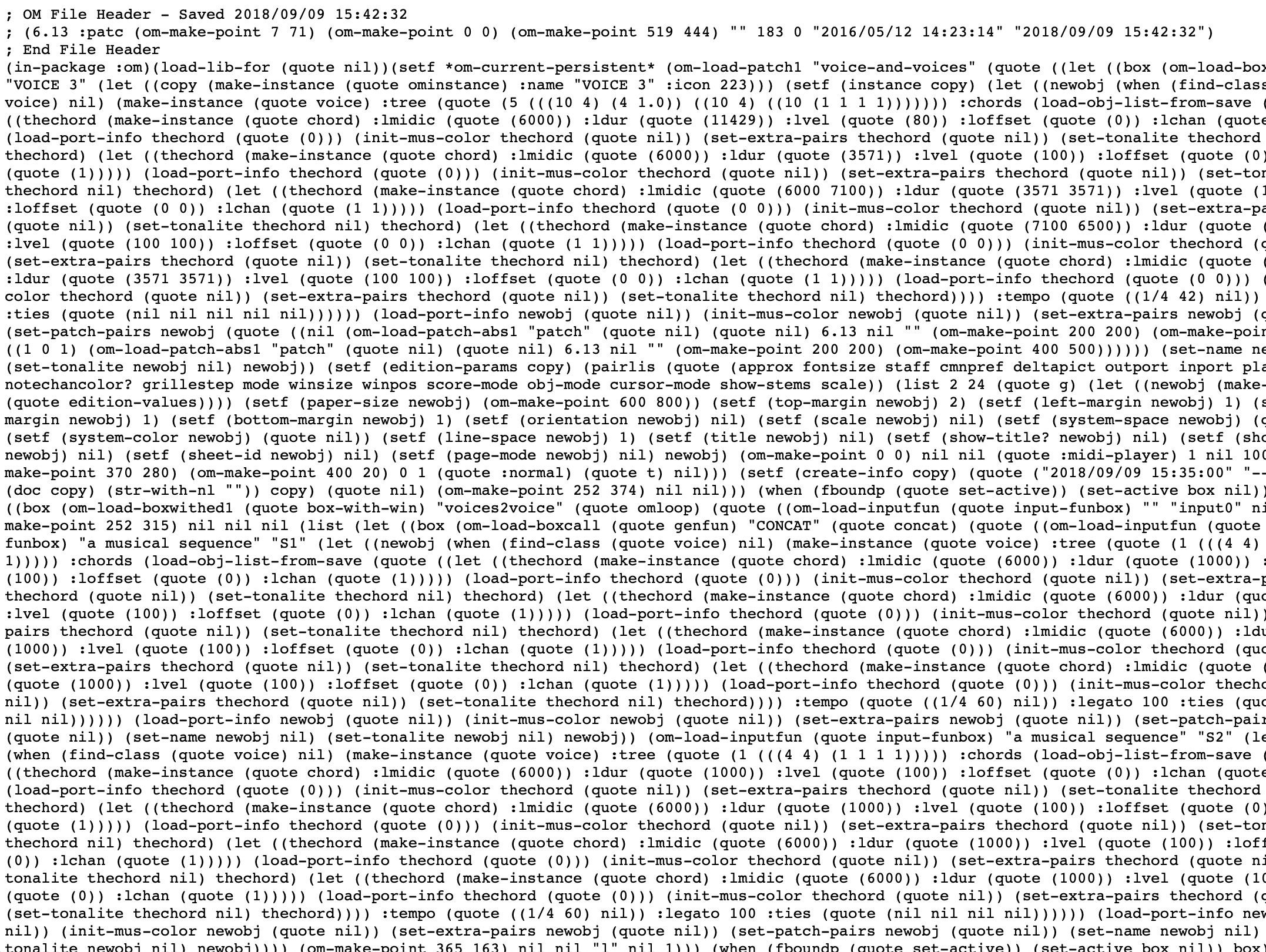Ok, wow. thank you, this is good to know!
Here is an ‘empirical’ test I’ve just done, since I didn’t know about the ‘sort’ function. Yet, I already knew sort-list, so I tried both, and you can see in the attached image that while ‘sort’ is destructive, as already said, sort-list is not (what you have in the two bottom chord-seqs are the direct results of the sorting functions, showing that even if sorting is performed in that direction, only ‘sort’ is destructive retrospectively).
Maybe it’s an example of something that has already been said, that is: that most OM functions have been made to prevent from ‘destructiveness’? It’s a nice attention in any case 
I learned something today about it, thank you!
Jimmie



